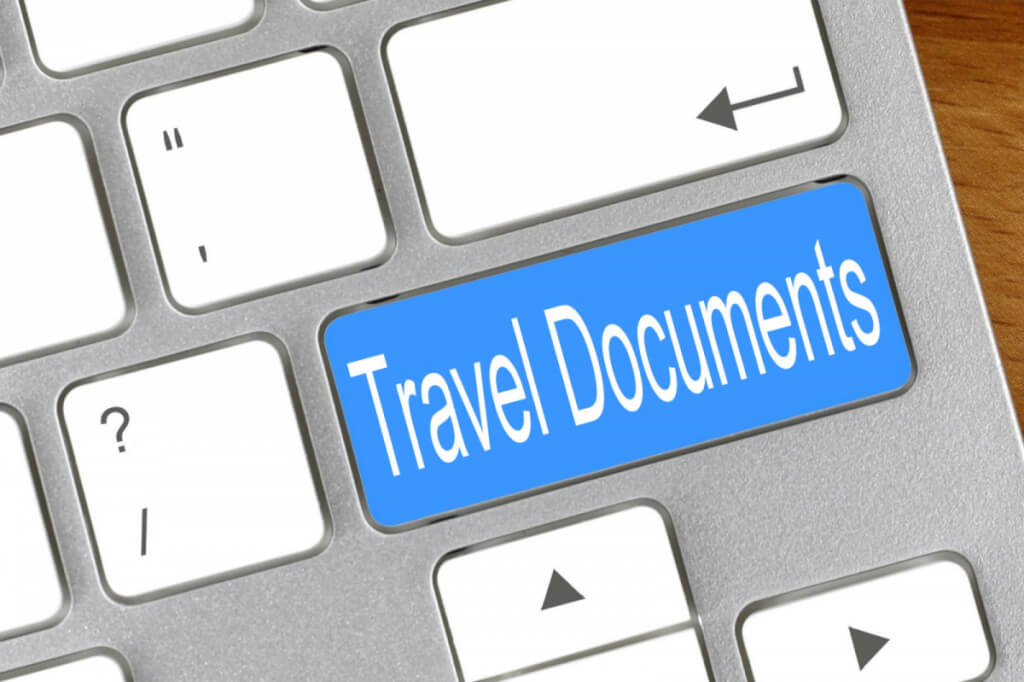Traveling for your education abroad can be overwhelming. There’s plenty you have to do before the D-day, including putting together all the essential travel documents.
If you’re wondering which documents you need for your study abroad trip, you’re in luck. We’ve compiled a checklist of all the essential travel documents for African students.
#1- Passport and National Identification Card
Your identification documents—National Identification Card and passport—are essential for traveling abroad. You’ll need your passport to board the planes and also get cleared by the customs at your destination country.
Apply for a passport early so it can be processed on time. If you already have a valid passport, check its expiration date. If it’s almost expiring, it’s advisable to renew it.
#2- Student Visa
Each country has a unique visa application process – check and follow the visa process of your study destination.
It’s best to apply for your student visa at least two months before you need to travel. For your student visa to be processed, you’ll need to have a passport, university letter of admission, financial proof, and health insurance in the country of study.
#3- Proof of Vaccination Documents
Some countries require you to have proof of vaccination before departure from your home country. Check if there are vaccination requirements you need to meet and get everything in order.
The most common vaccinations certificates required for traveling abroad are for Covid-19, and yellow fever. You might also be required to have a negative COVID-19 report to travel abroad.
#4- Academic Documents
Carry original and photocopies of your academic documents (such as transcripts, diplomas, standardized test score certificates and reports) with you as you may need them. They might come in handy when applying for scholarships, internship positions, student loans and other opportunities.
Don’t forget to pack a copy of your admission letter. Immigration officers might request to see the university admission letter.
#5- Proof of Health Insurance
Check the health insurance requirement in your destination country and get the required policy.
In some countries, health insurance is paid alongside the fee for the student visa, while in other countries, the universities have insurance plans that students can choose from.
Liaise with your university to see their health insurance plans or work with certified insurance brokers that offer the service.
#6- Medical Records and Prescriptions
Carrying your medical records and prescriptions will make it easier for you to access healthcare services in a foreign country.
In doing so, you’ll avoid starting from scratch in case you develop any health issues abroad. If you have any prescription medication, ensure that it is approved in a foreign country and have your prescription to show the officials at the airport.
Do you want to learn more about studying abroad and exploring new scholarship opportunities?
Check out our robust scholarship research tool and follow us on Medium, Twitter, Facebook, and LinkedIn



